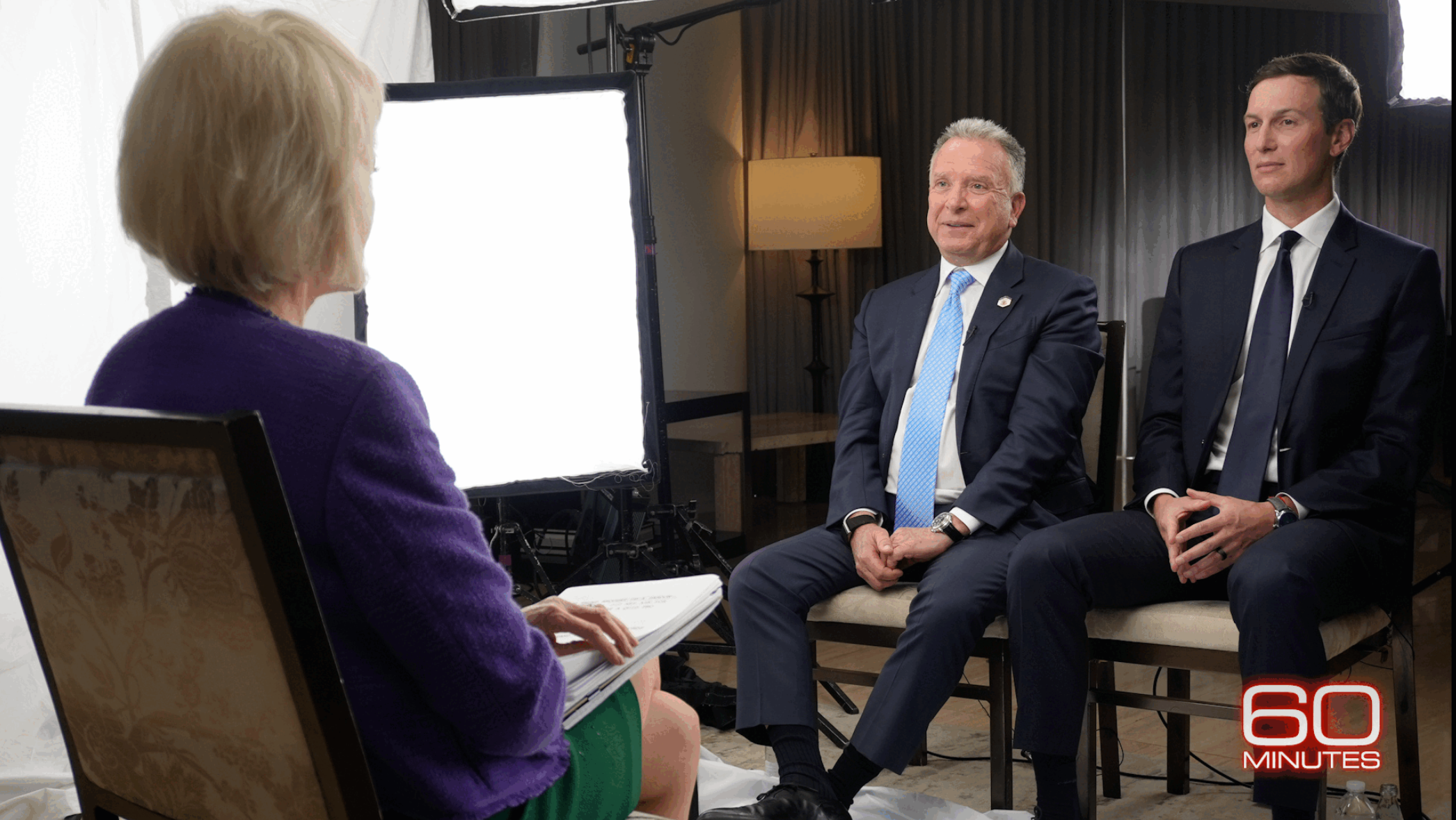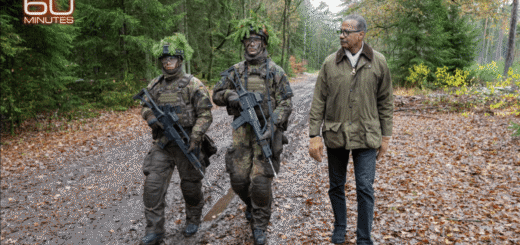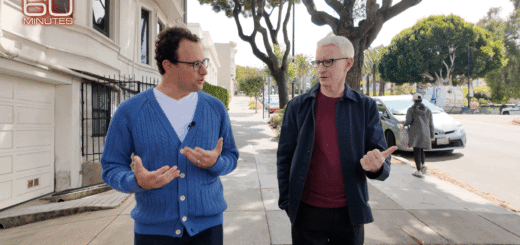The Dealmakers: 60 Minutes on Kushner and Witkoff’s Unlikely Path to Middle East Peace

When Lesley Stahl sat down with Jared Kushner and Steve Witkoff on “60 Minutes,” it marked the first in-depth television interview following the signing of a historic Middle East peace deal that has stunned the diplomatic world. The discussion peeled back layers of an agreement forged not through traditional channels of statecraft but through a transactional, deal-driven mindset emblematic of Donald Trump’s presidency. What emerged was a portrait of diplomacy reshaped by business instincts, personal relationships, and a willingness to defy precedent.
- 60 Minutes Reports on “The Dealmakers”, “Erez Reuveni” & “Amy Sherald” October 19 2025
- Erez Reuveni: 60 Minutes Examines a Whistleblower’s Fight Inside the Justice Department
- Amy Sherald: 60 Minutes Profiles the Artist Who Painted Michelle Obama and Redefined Representation
A Bold New Approach to Middle East Diplomacy
At the heart of “The Dealmakers” segment lies the story of two unconventional figures stepping into one of the world’s most intractable conflicts. Jared Kushner, known for his quiet influence during Trump’s administration, was joined by Steve Witkoff, a seasoned real estate developer turned envoy. Their shared philosophy—treating geopolitics as a series of solvable transactions—became the cornerstone of their efforts. Unlike past envoys who relied on decades of cautious diplomacy, Kushner and Witkoff prioritized momentum and direct engagement.
Their approach included a headline-making decision: meeting Hamas representatives in person, a move that would have been unthinkable for previous U.S. administrations. This gesture of engagement, while controversial, underscored their belief that peace could not be achieved without confronting every party involved. It also symbolized the broader shift from a policy-driven framework to one that valued pragmatic problem-solving over ideology.
Inside the 20-Point Peace Plan
The newly unveiled 20-point peace plan reflects both ambition and complexity. Its next phase aims to address the hardest issues that have derailed peace efforts for decades—disarmament, humanitarian aid, troop withdrawal, economic recovery, and the establishment of stable governance in conflict zones. Each point represents a layer of negotiations that will require not only political will but also sustained cooperation from deeply divided factions.
Kushner and Witkoff’s plan also leans heavily on economic reconstruction, a strategy that echoes Trump-era rhetoric about “peace through prosperity.” Billions in aid and private investment are expected to flow into rebuilding devastated regions, with the hope that economic stability can serve as a foundation for long-term peace. While critics question whether financial incentives can overcome ideological divides, supporters argue that tangible progress may succeed where lofty rhetoric has failed.
Reactions and Controversy
The peace deal and its architects have drawn both admiration and skepticism. Supporters see it as a pragmatic breakthrough—a moment when unorthodox diplomacy achieved what traditional politics could not. Detractors, however, warn that meeting with groups like Hamas risks legitimizing militant actors and could unsettle existing alliances. Some foreign policy analysts argue that the deal’s speed and secrecy may conceal fragile compromises that could unravel under pressure.
Nevertheless, “60 Minutes” framed the interview as a study in contrasts: idealism versus realism, tradition versus innovation. Lesley Stahl’s probing questions revealed both the ambition and the uncertainty behind this new diplomatic chapter. For Kushner and Witkoff, the deal is not a final act but a foundation for ongoing engagement that will test whether unconventional methods can lead to lasting stability.
The Broader Implications for U.S. Foreign Policy
Beyond the specifics of the agreement, the segment highlighted a broader redefinition of America’s role in global peacebuilding. The Trump-era approach to foreign policy often blurred the lines between business negotiation and diplomacy, and “The Dealmakers” exemplifies that philosophy. The emphasis on direct deals, economic incentives, and personal rapport could signal a shift toward more flexible, transaction-based diplomacy in future administrations.
“60 Minutes” viewers were left with a question that continues to echo in Washington and abroad: can a dealmaker’s mindset succeed where decades of careful diplomacy have failed? As the region cautiously embraces a fragile peace, the answer may determine not only the future of the Middle East but also the evolving nature of American influence on the world stage.
More 60 Minutes October 19 2025
- 60 Minutes Reports on “The Dealmakers”, “Erez Reuveni” & “Amy Sherald” October 19 2025
- The Dealmakers: 60 Minutes on Kushner and Witkoff’s Unlikely Path to Middle East Peace
- Erez Reuveni: 60 Minutes Examines a Whistleblower’s Fight Inside the Justice Department
- Amy Sherald: 60 Minutes Profiles the Artist Who Painted Michelle Obama and Redefined Representation
More Feature Articles
- “A Perfect Spring Morning”: Dateline Reports on Leslie Preer Homicide October 17 2025
- “Driven to Death”: 20/20 Reports on Gregory Rice Homicide, Meagan Jackson & Christopher Dontell’s Affair October 17 2025
- “My Uncle Joe’s Murder”: 48 Hours Investigates Joe Shymanski Homicide October 18 2025
- 60 Minutes Reports on “The Dealmakers”, “Erez Reuveni” & “Amy Sherald” October 19 2025







